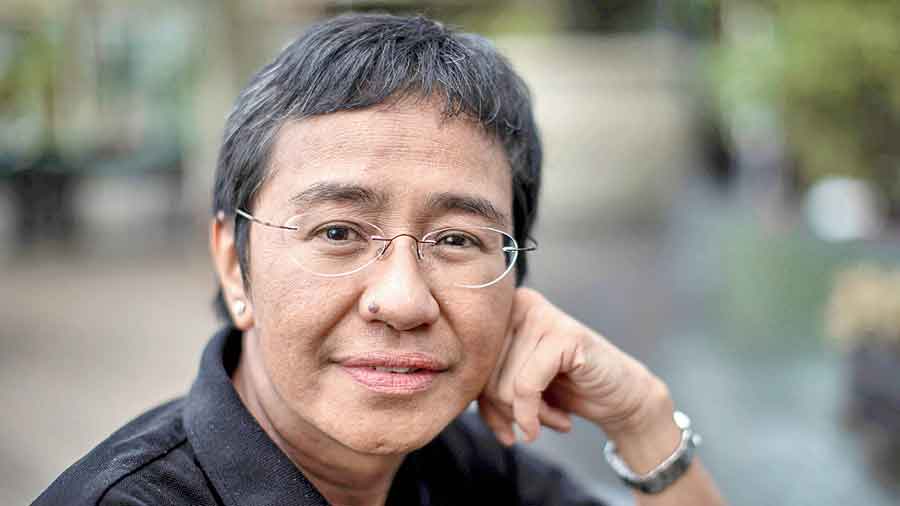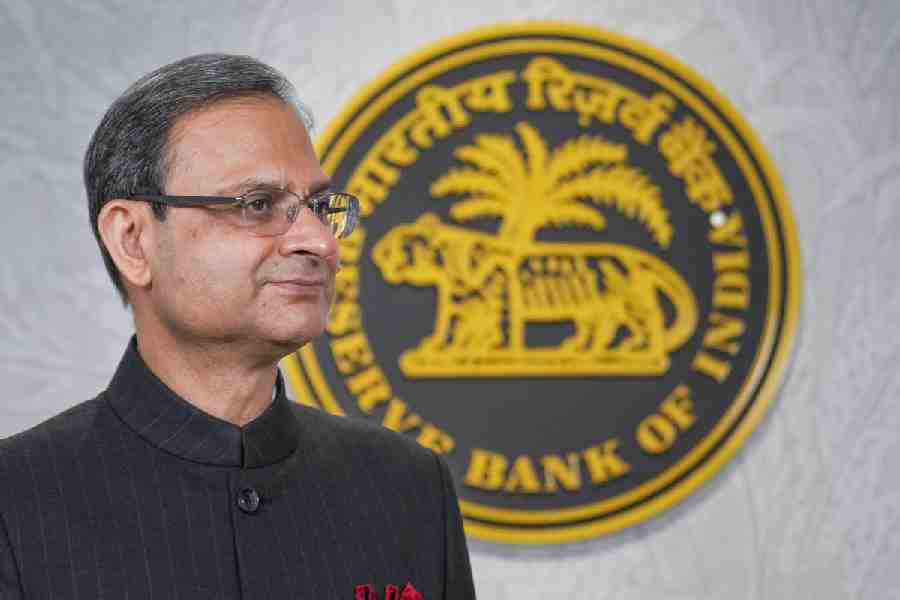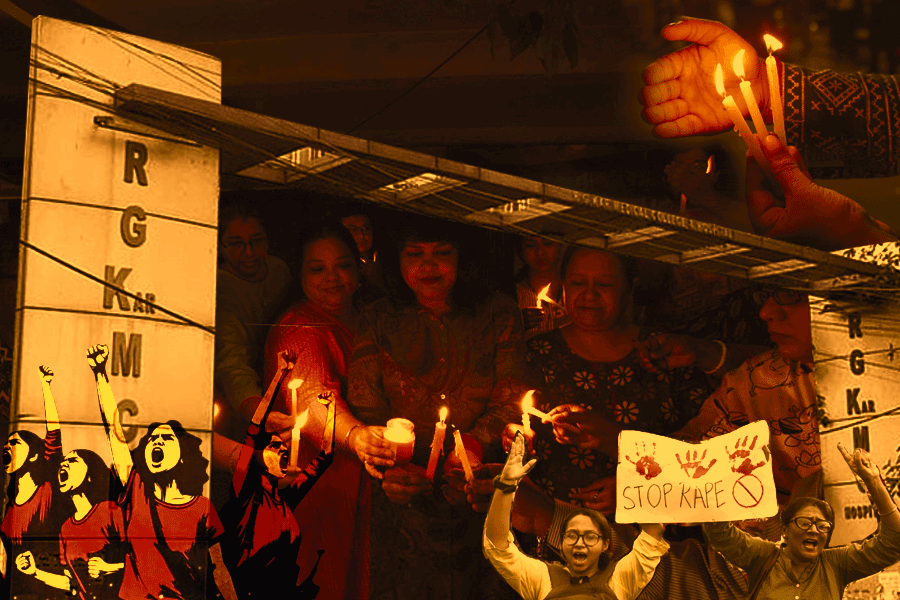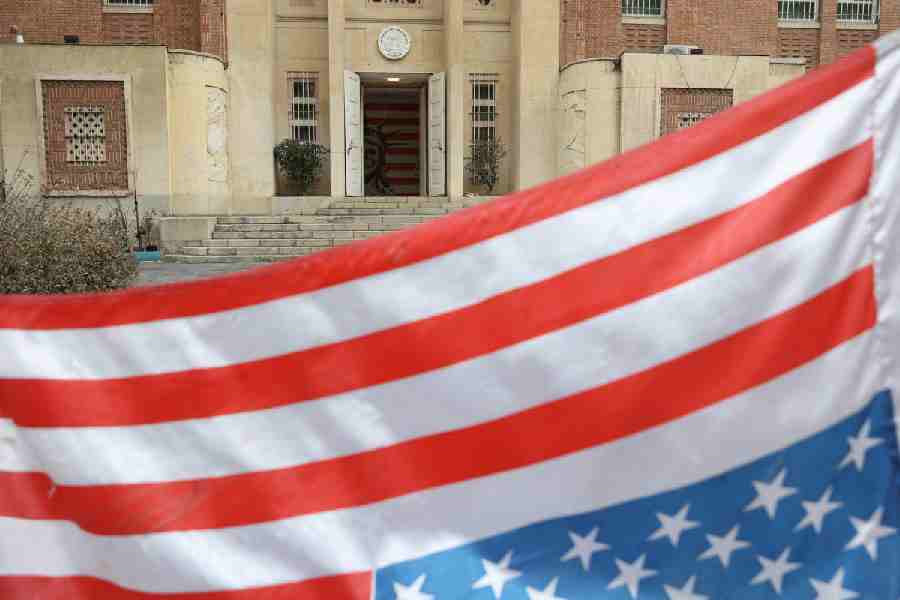Journalism’s obituary has been written quite a few times. For instance, in the modern world, the plummeting revenues of traditional journalistic platforms — the print media, for instance — intimidatory intervention, legal or otherwise, against digital news networks to stifle free speech and, equally important, the capitulation of the media fraternity before the powers that be — be it the government or big business — are being cited as the principal causes that would lead to journalism’s demise. Yet the vocation has turned out to be a rather stubborn species, proving the pundits wrong repeatedly. The conferring of this year’s Nobel Peace Prize on two courageous, proficient scribes — Maria Ressa of the Philippines and Russia’s Dmitry Muratov — shows that journalism can, indeed, be resurrected in spite of such formidable threats as State repression as well as the public vulnerability to — enchantment with? — false narratives. The path to renewal for individual journalists and news organizations, as Ms Ressa and Mr Muratov have shown, lies in the ability to refresh journalism’s commitment to the original charter of the fourth estate: to report the truth without fear or favour and uphold the primacy of free speech. This is, of course, not a road for the faint-hearted. Real journalistic work is considered to be a dangerous profession: in 2020, a report compiled by the director-general of Unesco had found that only 13 per cent of cases filed against newspersons around the world had been resolved — the figures were 12 and 11 per cent, respectively, for the previous two years. Incarceration, intimidation, threats of bodily violence and trolling — these are especially true for women journalists — and even death — India is witness to Gauri Lankesh’s murder — are some of the ‘occupational hazards’ in the journalistic tryst with truth.
The pressures on journalism have, undoubtedly, been intensified by transformations in global politics and society. The rise of authoritarian regimes — democratic India is not an exception — and the carefully calibrated assault on the institutions mandated to honour truth — the latter is integral to the idea of justice — have endangered the vocation. The Philippines, Ms Ressa’s country, was ranked 138 among 180 countries that were evaluated by the World Press Freedom Index 2021. Her views on India — it ranks lower than the Philippines on the register — are particularly illuminating in this context. The Nobel Peace Prize should not be an occasion to indulge in smugness. It should be viewed by practising journalists and news organizations as a solemn reminder to be unrelenting in their pursuit to inform the public of the truth by defying monumental odds.










